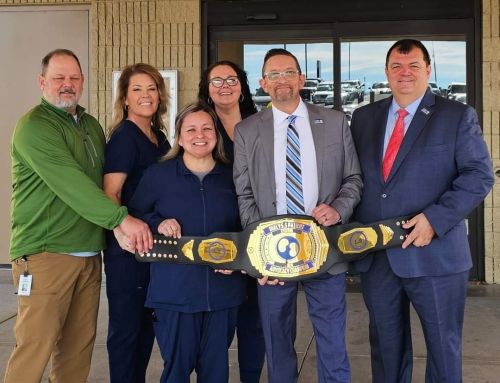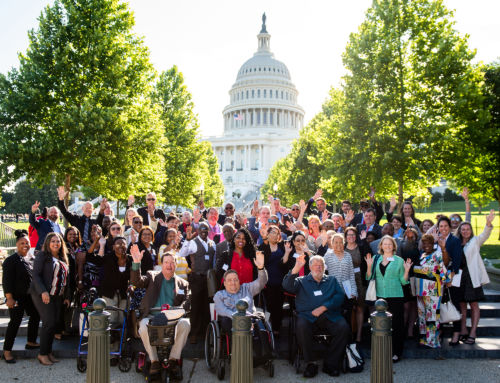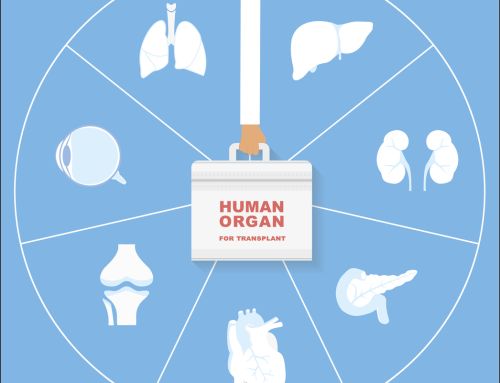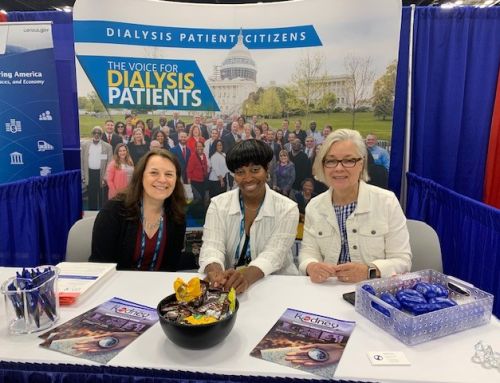Current Situation
Currently, two populations qualify for Medicare: those over the age of 65, and those under the age of 65 who meet certain federal conditions. A diagnosis of End Stage Renal Disease (“ESRD”) satisfies these conditions and makes ESRD patients under age 65 eligible for Medicare.
Medicare requires the patient pay deductibles and co-pays. If patients cannot afford these costs, they may become state Medicaid eligible by virtue of income level or after spending down their assets.
The Problem
Many ESRD Medicare beneficiaries can’t afford to pay Medicare deductibles and co-pays. As a result, many of them spend down their assets and become Medicaid eligible. By contrast, Medicare beneficiaries over the age of 65 can purchase Medigap insurance. This insurance helps patients afford their deductibles and co-pays.
The Solution
Currently thirty states require insurance companies to offer Medigap policies to individuals with ESRD. Congress should extend the opportunity to purchase Medigap policies to all Medicare beneficiaries. In September of 2009, Senator John Kerry introduced the Equal Access to Medicare Options Act (S. 1669), which would require insurance companies in all states to offerMedigap plans to all Medicare beneficiaries under 65 years of age.
30 States offer Medigap policies for Medicare beneficiaries under 65:
| Colorado | Kentucky | Oregon | Oklahoma |
| Connecticut | Louisiana | Pennsylvania | Tennessee |
| Delaware | Maine | South Dakota | Texas |
| Georgia | Maryland | Mississippi | Vermont |
| Florida | Massachusetts | New Hampshire | Washington |
| Hawaii | Michigan | New Jersey | Wisconsin |
| Illinois | Minnesota | New York | |
| Kansas | Missouri | North Carolina |


























